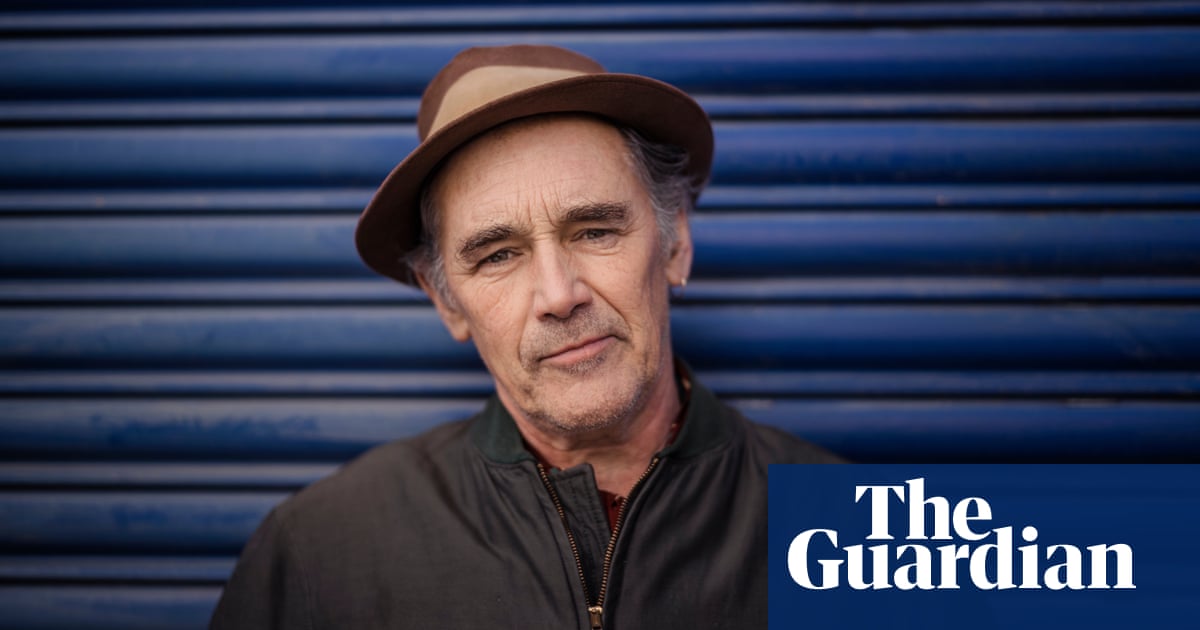Photo credit: www.theguardian.com
Protest Ban Draws Criticism from Prominent Figures
Mark Rylance, known for his role in the BBC’s acclaimed series Wolf Hall, has joined notable figures including singer Charlotte Church and actress Juliet Stevenson in opposing a decision by the Metropolitan Police to prohibit a pro-Palestine demonstration outside the BBC’s Broadcasting House in London.
The protest was scheduled for January 18, with participants planning to assemble at Portland Place and march toward Whitehall. However, the Met issued a ban on the gathering, citing concerns over potential “serious disruption” to a nearby synagogue, where congregants would be attending Shabbat services.
Rylance is part of a coalition of over 150 signatories who have voiced their dissent in a statement released on Friday. This group includes prominent organizations such as Liberty, Amnesty International UK, and Greenpeace. The statement critiques the Met for what they see as an inappropriate use of its powers, arguing that public institutions like the BBC should face democratic scrutiny.
The statement highlights the importance of both the BBC as a public institution and the rights to protest: “The BBC is a major institution – it is a publicly-funded state broadcaster and is rightly accountable to the public. The police should not be misusing public order powers to shield the BBC from democratic scrutiny,” it reads.
Critics of the police ban argue that the rationale behind it is flawed, pointing out: “The excuse offered by the police is that the march could cause disruption to a nearby synagogue which is not even on the march route.” They further contend that, according to the Met, there have been no incidents of threats posed to synagogues during prior marches. The statement emphasizes that many Jewish individuals have participated in these demonstrations.
The declaration, which includes contributions from artists like Brian Eno and Maxine Peake, underscores the value of free speech and protest rights: “The rights to protest and free speech are precious. It is not acceptable in a democratic society that, in the face of an ongoing genocide in Gaza, people should be barred from protesting at the BBC. We call on the police to drop their objections and allow the protest to go ahead as planned.”
When announcing the ban, the Met mentioned that it had taken into account input from local community members and business representatives, including synagogue congregants residing near the proposed gathering site. Commander Adam Slonecki, overseeing the police operation, indicated that the Palestine Solidarity Campaign (PSC) had continued to encourage participants to gather in Portland Place despite the objections, leaving the police with “no choice” but to enforce the ban.
The Central Synagogue, located just a short distance from Broadcasting House on Great Portland Street, has become a focal point of these discussions. Last month, the Met police commissioner, Sir Mark Rowley, faced criticism from the chief rabbi, Sir Ephraim Mirvis, for failing to ensure the safety of British Jews amid ongoing pro-Palestinian demonstrations near synagogues.
The impetus for the planned protest at the BBC stemmed from claims of “pro-Israel bias” within the corporation, a charge the BBC has publicly rejected.
Source
www.theguardian.com

